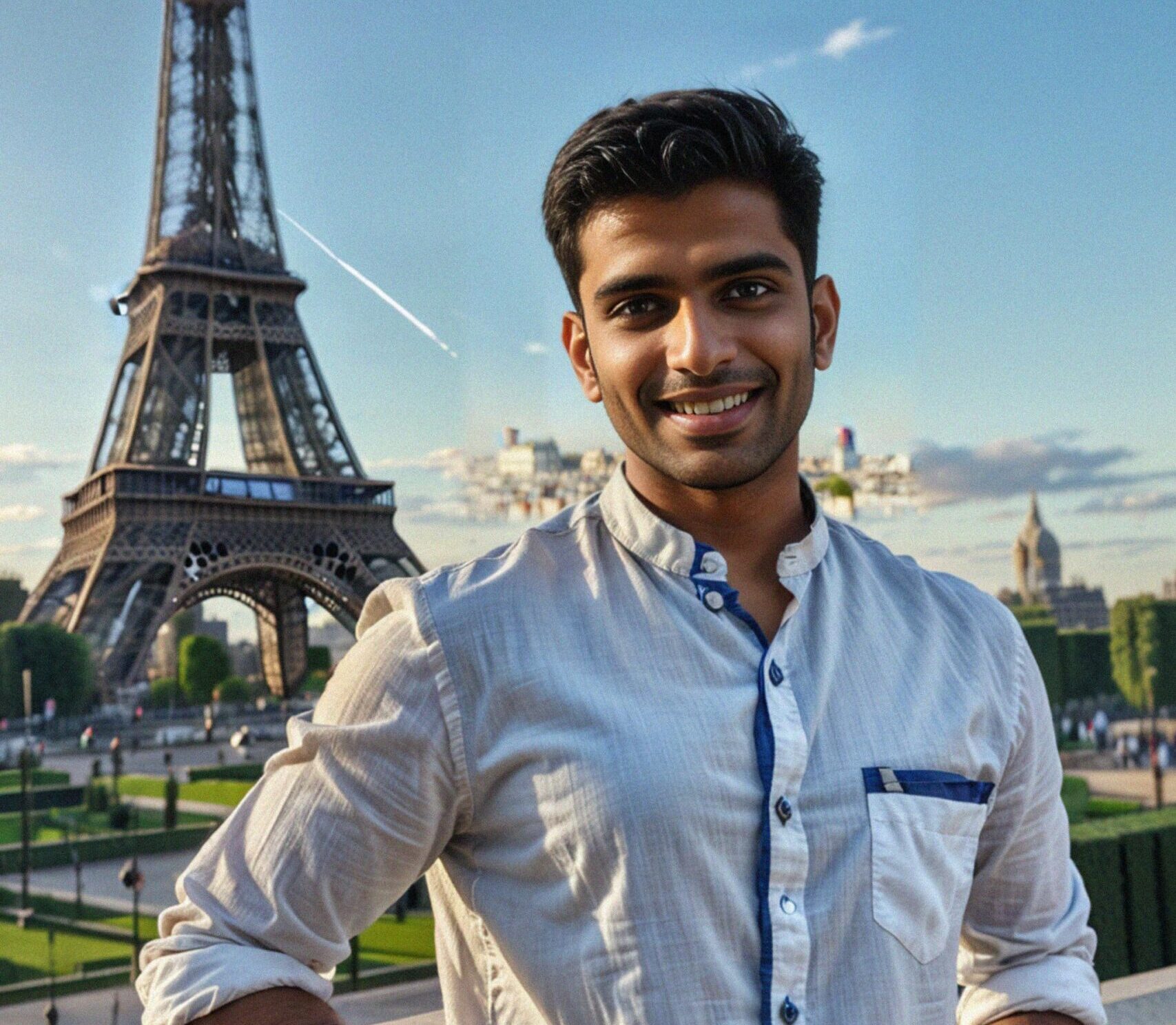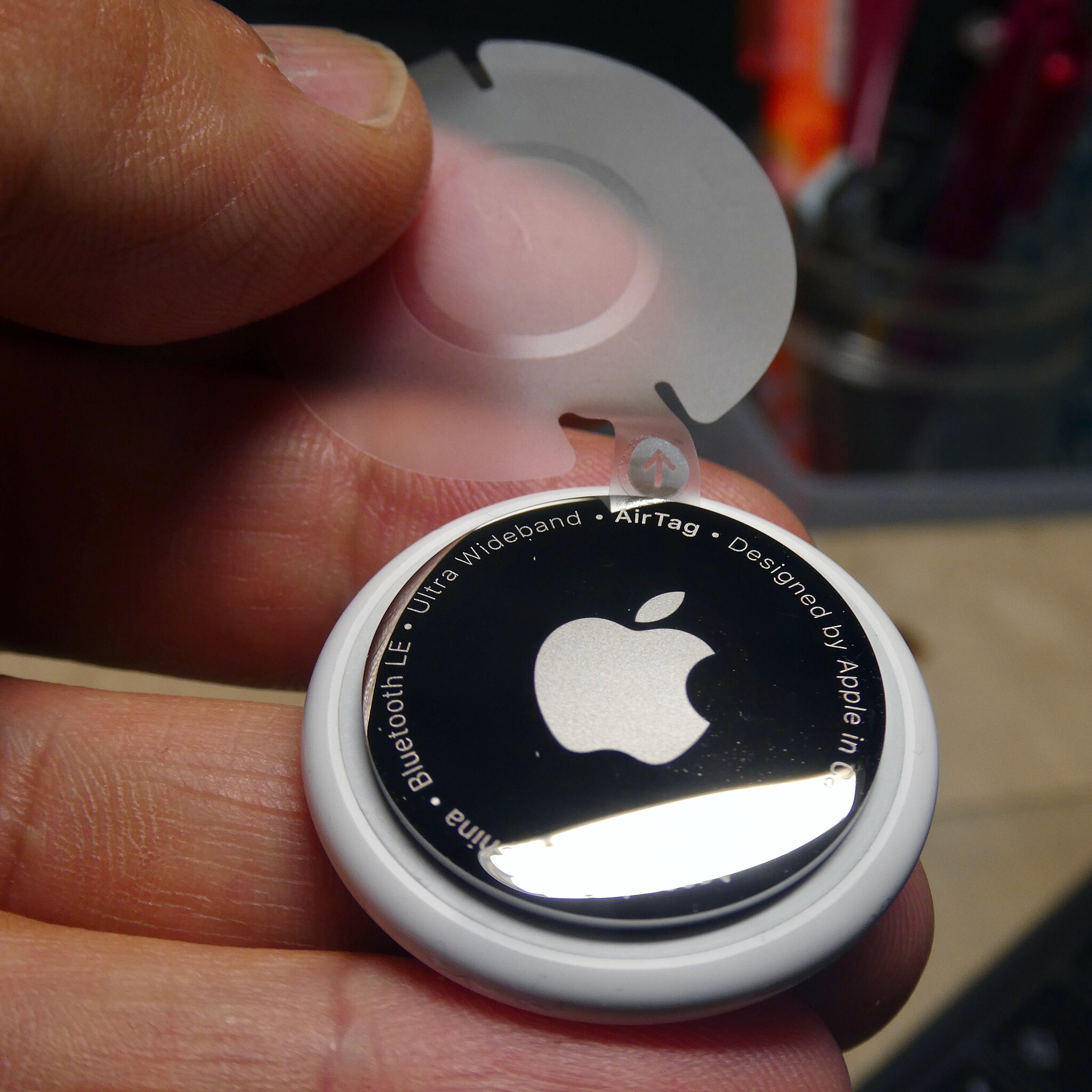The pressure to document travel experiences rather than simply have them has reached its logical conclusion: AI generated vacation images.
Epic AI Travel Photos operates with Silicon Valley simplicity: upload 10 high-resolution selfies and receive professionally styled images showing you at popular global destinations. According to the company’s website, they “take privacy and data security very seriously” with all uploaded photos “used solely for the purpose of generating your photos” and deleted from their servers once processing is complete. AI doesn’t just help you post about your vacation but can help you plan it too.
The service differentiates itself from competitors by requiring fewer images than similar platforms. While “many generators require as many as 25 photographs,” Epic AI Travel Photos has “created a model that simplifies this process” needing only 10 pictures—ideally “a mix of selfies, candids, and clear portraits” without sunglasses or other people in frame.
For optimal results, the company recommends providing photos with varied angles, lighting conditions, and facial expressions. This diversity gives their AI model richer data to work with when generating realistic travel imagery. The technology creates remarkable facsimiles that rival authentic travel photography—without requiring users to deal with crowds, bad weather, or expensive flights.
This innovation emerges amid what cultural anthropologists call “presence theater”—the growing social pressure to document experiences for public consumption rather than personal enjoyment. As travel content dominates social media, Epic AI Travel Photos offers a shortcut to creating enviable vacation imagery without associated costs and inconveniences.
Privacy concerns remain significant despite the company’s assurances about data deletion. The website states they “do not share or sell your data to any third parties,” though they notably mention having “no refund policy” while promising to “resolve any issues you may have with your photos.”
The service raises fundamental questions about authenticity in digital spaces. When travel becomes purely aesthetic rather than experiential—transformed from physical reality to convincing digital illusion—what value remains in the actual experience of visiting destinations? As AI-generated travel content becomes increasingly sophisticated, distinguishing between real experiences and manufactured content grows more challenging for audiences.
For influencers needing consistent content, casual users wanting impressive vacation photos without expense, or those wanting to look like they have visited the most anticipated destinations. Epic AI Travel Photos represents just the beginning of how artificial intelligence will reshape our relationship with travel experiences and digital self-presentation.
As we navigate this brave new world of digital vacations, the line between documentation and fabrication continues to blur, leaving us to reconsider what it means to “be there” in 2025.


















